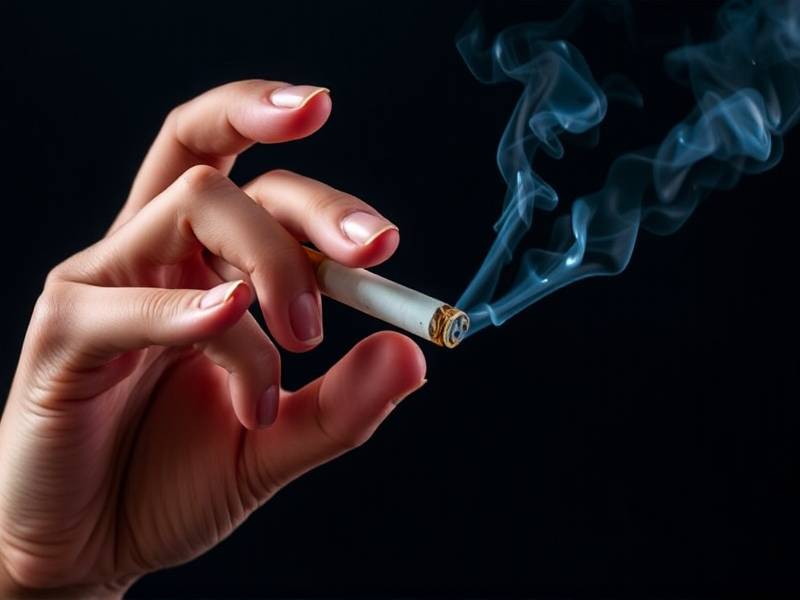Why You Should Quit Smoking Before Surgery: The Health Benefits You Can't Ignore
The Significance of Smoking Cessation Pre-Surgery
When preparing for surgery, it's easy to focus on the immediate concerns, like the type of procedure or recovery time. However, one critical factor often overlooked is smoking cessation. This article delves into why quitting smoking before surgery can significantly improve your health outcomes.
1. Reduced Risk of Complications
One of the most compelling reasons to quit smoking before surgery is the reduced risk of complications. Smoking affects blood vessels, leading to poor circulation and a higher risk of blood clots. These issues can complicate surgical recovery and increase the risk of heart attack or stroke.
2. Faster Healing
Quitting smoking can lead to faster healing after surgery. Smokers tend to have lower oxygen levels in their blood, which slows down the healing process. By quitting, you provide your body with more oxygen, promoting quicker recovery.

3. Less Post-Surgical Pain
Smoking can also affect your ability to manage pain after surgery. Nicotine reduces pain sensitivity and slows down healing, which means you might experience more discomfort during recovery if you continue smoking.

4. Improved Lung Function
Smokers are at a higher risk for respiratory issues both before and after surgery. Quitting smoking can improve lung function, reducing the risk of pneumonia or other respiratory infections post-surgery.
5. Better Immune System Response
Your immune system plays a crucial role in healing after surgery. Smoking weakens the immune system, making it harder for your body to fight off infections or heal properly after an operation.
6. Long-Term Health Benefits
The benefits of quitting smoking don't end after surgery; they extend into long-term health improvements. Smokers who quit reduce their risk of developing chronic diseases such as heart disease, stroke, and cancer.
How to Quit Smoking Before Surgery
If you're planning to undergo surgery and haven't quit smoking yet, it's not too late! Here are some tips to help you kick the habit:
- Set a Quit Date: Choose a date that is at least two weeks before your surgery.
- Seek Support: Talk to your doctor about medications or counseling options.
- Create a Plan: Develop a strategy for managing cravings and stress without turning back to cigarettes.
- Stay Active: Regular exercise can help reduce withdrawal symptoms and improve mood.
- Monitor Your Progress: Keep track of your achievements and celebrate small victories along the way.
In conclusion, quitting smoking before surgery offers numerous health benefits that can enhance your recovery process and overall well-being. Don't wait until it's too late—start taking steps towards a healthier lifestyle today!
